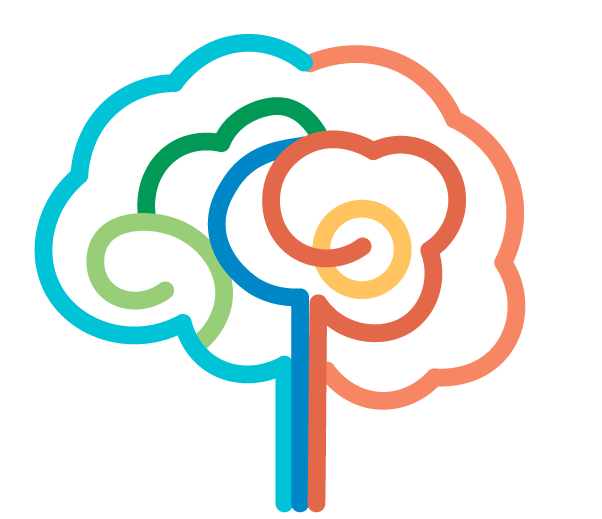
Biosketch
Denise C. Park, Distinguished University Chair in Behavioral and Brain Sciences, began studying cognitive in her freshman year in college, and since then, she has never stopped. As a young scientist, Dr. Park realized that almost nothing was known about how the mind changes with age and recognized that it would likely become a very important topic as the baby boomers reached late adulthood. Hence, Dr. Park focused her entire career on studying the aging mind and became an international leader in the study of cognition and aging. She joined the UT Dallas faculty in 2008 and previously held tenured professorships in the Department of Psychology at the University of Georgia, the University of Michigan, and the University of Illinois. She is the Founding Director of the Center for Vital Longevity, an outstanding research center at UT Dallas, where she is presently the Director of Research.
In her early work, Dr. Park focused on understanding how to design information so that older adults could remember it nearly as well as young adults. She translated this laboratory work into field studies where she uncovered what components of cognition cause motivated adults to make mistakes in taking their medications. Later, at the University of Michigan, she created behavioral models of cognitive aging that were the springboard for a new research program that utilized powerful, new neuroimaging tools, using MRI (Magnetic Resonance Imaging) and PET (Position Emission Tomography). Her work has yielded an understanding of the resilience of the aging brain,, which builds new neural pathways or scaffolds to maintain cognitive behavior with age. At the same time, she pioneered groundbreaking cross-cultural studies on how cultural values can sculpt subtle differences in brain structure and function in collaboration with the Chinese Academy of Sciences and the Duke University Medical School established in Singapore. Upon arriving in Dallas in 2008, Dr. Park developed the Dallas Lifespan Brain Study, funded by the National Institute of Aging, which has tracked brain/behavior changes in adults of all ages for the past 12 years. This landmark study reveals how cognitively normal adults transition from cognitive health to cognitive frailty as they get older and is leading to the identification of a neural footprint during middle age that can be used to predict future cognitive health or pathology in the future. Dr. Park also developed novel adult learning environments to assess whether providing older adults with mentally challenging new activities can enhance cognitive vitality and delay brain aging.
Dr. Park was a fellow of multiple academic associates, including the American Association for the Advancement of Science. She held several national offices in professional societies and was elected to be the chair of the Board of Scientific Affairs of the American Psychological Association (APA), to be president of the APA Division of Adult Development and Aging, and to serve on the Board of Directors of the Association for Psychological Sciences. The APA Division of Adult Development and Aging awarded her the Distinguished Research Contributions Award and the Distinguished Mentor Award in the Psychology of Aging. The National Institute on Aging continuously funded her research for over 40 years, including a prestigious 10-year NIH MERIT award. Dr. Park takes great pride in the accomplishment of the many graduate students and post-doctoral fellows she has mentored, many of whom are prominent scientists holding leadership positions at major universities worldwide.
Dr. Park, founding director of the Center for Vital Longevity (CVL) and Principal Investigator of the Aging Mind Lab (AML), retired from The University of Texas at Dallas on May 31, 2025, leaving behind a lasting legacy in advancing the neuroscience of aging.
Selected Publications
Smith, E. T., Hennessee, J. P., Wig, G. S., Frank, S., Gonzalez, H., Bacci, J., Chan, M., Carreno, C. A., Kennedy, K. M., Rodrigue, K. M., Hertzog, C., & Park, D. C. (2023). Longitudinal changes in gray matter correspond to changes in cognition across the lifespan: implications for theories of cognition. Neurobiology of aging, 129, 1–14. Advance online publication. https://doi.org/10.1016/j.neurobiolaging.2023.04.014
Smith, E. T., Skolasinska, P., Qin, S., Sun, A., Fishwick, P., Park, D. C., & Basak, C. (2022). Cognitive and structural predictors of novel task learning, and contextual predictors of time series of daily task performance during the learning period. Frontiers in aging neuroscience, 14, 936528. https://doi.org/10.3389/fnagi.2022.936528
Selected Talks
UTSW’s AIRC 2022
“The Dallas Lifespan Brain Study: After 12 Years, What Have We Learned?”
April 15, 2022
UT Southwestern
Dallas, TX
MHeNS Research Day 2022
“Cognitive Resilience and Mechanisms of Compensation in Older Adults.”
March 30th, 2022
Maastricht University
Netherlands
Learn More
Polykarp Kusch Lecture Series 2021
“The Amazing Aging Mind.”
April 22, 2021
The University of Texas at Dallas
Richardson, TX
Watch Lecture

You must be logged in to post a comment.